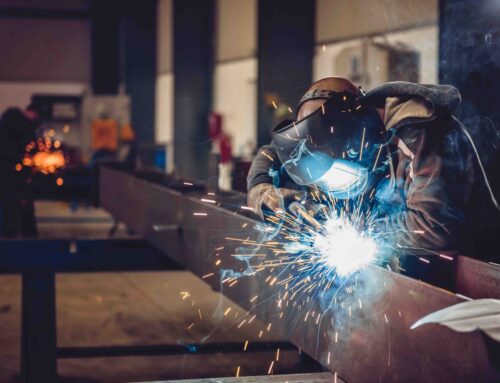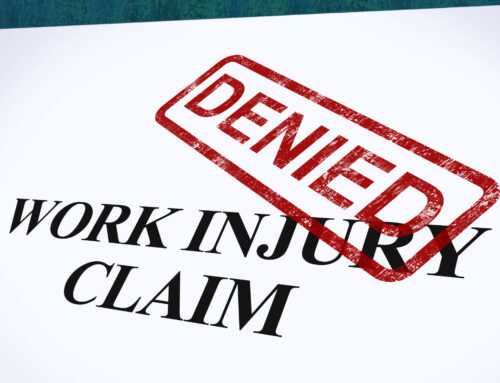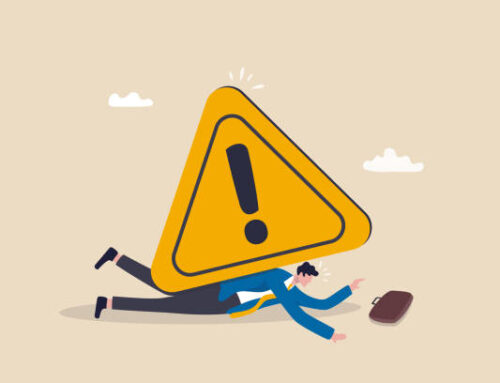The rotator cuff is a group of muscles and tendons that surround the shoulder joint; they keep the head of your upper arm bone firmly within the shallow socket of the shoulder. When you injure this area, it can cause either sharp pain (and even a “pop”) or a dull ache in the shoulder, which can escalate if not treated correctly. If the injury progresses, it can lead to time off of work and increasing medical costs, as the only way to “fix” a full rotary cuff tear is with surgery.
Rotator cuff (rotary cuff) injuries occur most often in people who do the following at work:
- Suffer a fall onto one or both arms
- Feel a pull when lifting with one or both arms
- Pushing off with your arms
- Overhead reaching
- Forceful or abrupt overhead arm movements
Usually, rotator cuff tears may occur as a result of a single injury. In those circumstances, medical care should be provided as soon as possible. Extensive rotator cuff tears usually require surgical repair, and could require transfer of alternative tendons, or even joint replacement.
If you’re dealing with a rotator cuff injury, you might have the following symptoms:
- avoiding certain activities because they cause pain
- difficulty achieving full range of shoulder motion
- difficulty sleeping on the affected shoulder
- pain or tenderness when reaching overhead
- pain in the shoulder, especially at night
- progressive weakness of the shoulder
- trouble reaching behind the back
A rotator cuff injury can occur at any job where you have to lift objects above your head, including office jobs, and the risk of injury increases with age.
The most commonly reported jobs that increase the risk of a rotator cuff injury are:
- Mechanics
- Carpenters
- Construction workers
- Painters
Depending on the exact type and severity of your injury will determine the treatment required. In some cases, a minor injury can be treated effectively with physical therapy or injections of corticosteroids, but in other cases, it can require surgery to fix large tears or tendons.
Due to the complex nature of the shoulder joint and severity of rotary cuff tears, an experienced workers’ compensation attorney is usually needed if there is a question as to whether it is work-related, what medical treatment is appropriate and necessary, and to obtain the proper compensation from the workers’ compensation insurance company.
Why You Need A Worker’s Comp Lawyer
The Hines & Wilson Law Firm has more than 50 years of experience with workers’ compensation claims. We will use our experience and knowledge to get you the compensation you deserve. If you’ve been injured at work or think you have a work-related rotator cuff injury, call us at (573) 443-4500, our toll-free number (877) 473-4500, or email info@hineswilsonlaw.com for a free and confidential consultation about your claim. If you wait too long, you may lose your right to compensation.







